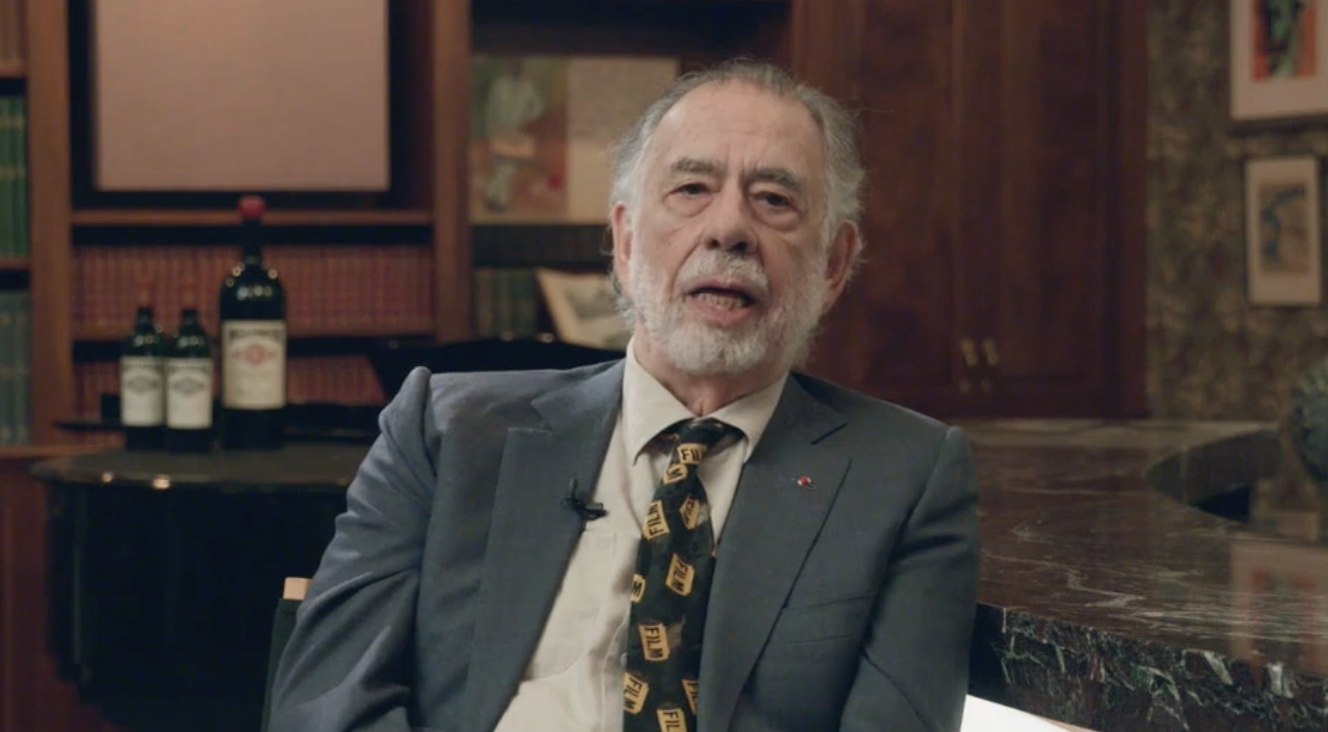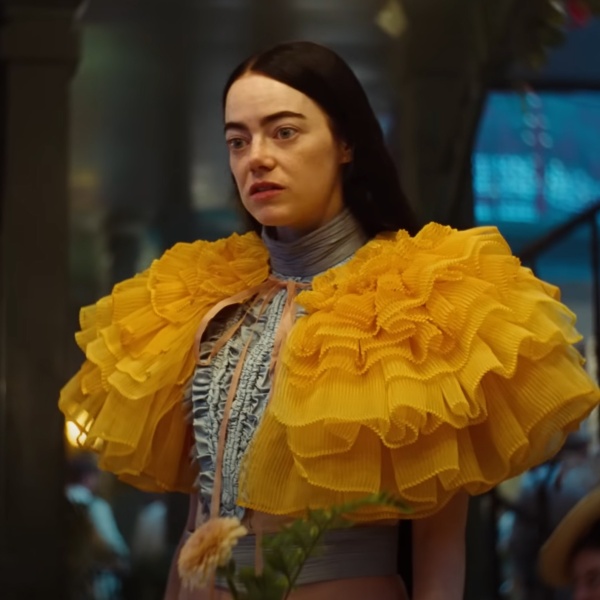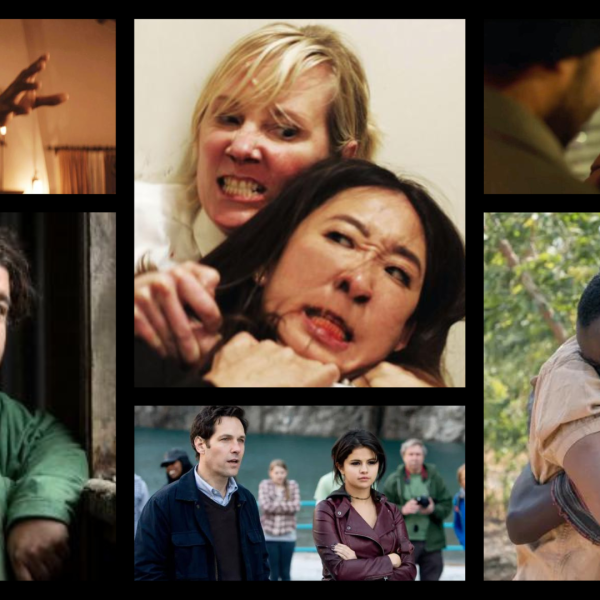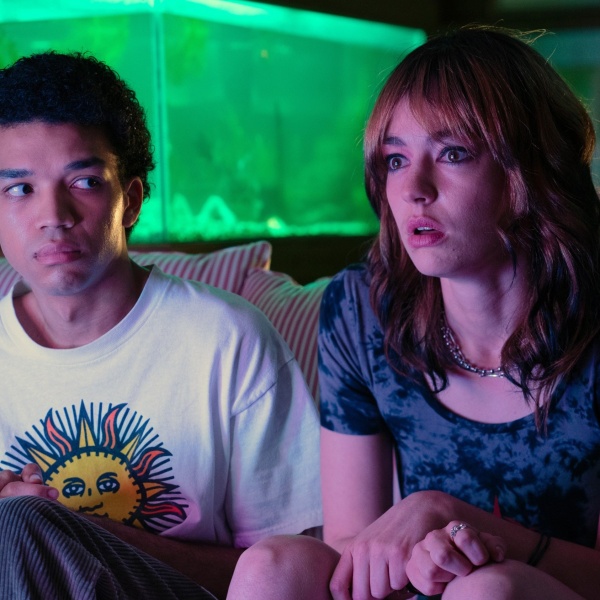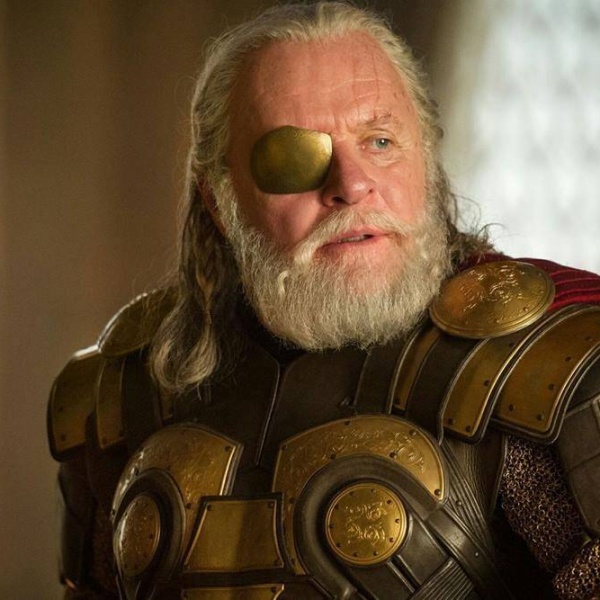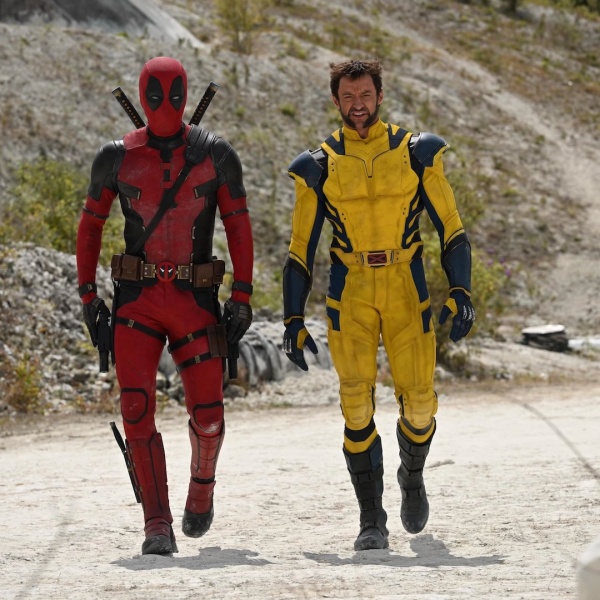With Francis Ford Coppola‘s long-awaited “Megalopolis” now playing in theaters, many cinephiles have been dazzled and baffled in equal measures by the sprawling passion project. But even if the film itself is polarizing, there’s no denying that it reflects Coppola’s unending passion for cinema and a lifetime spent studying history and art.
Those interested in learning more about Coppola’s unique tastes will be thrilled to find that the “Apocalypse Now” director is this month’s guest picker for Turner Classic Movies. IndieWire can exclusively reveal that the auteur has given his stamp of approval to four iconic films airing on the cable channel in October: James Whale’s “The Bride of Frankenstein,” Michael Curtiz and William Keighley’s “The Adventures of Robin Hood,” Orson Welles’ “The Magnificent Ambersons,” and Marcel Camus’ “Black Orpheus.”
Following in the footsteps of Steven Spielberg and Guillermo del Toro, Coppola elaborated on his selections in a video released by TCM. He explained that his interest in Frankenstein movies stems from his study of Gothic literature — unsurprising, given that Coppola famously directed “Bram Stoker’s Dracula.”
“‘The Bride of Frankenstein’ is interesting to me, because if you know anything about Mary Shelley’s ‘Frankenstein,’ you know about the famous time she and her husband and their two friends went up to the Alps and said ‘Let’s make up ghost stories,’” Coppola said. “The story of Frankenstein that she wrote was her contribution to this experience. And Elsa Lanchester plays the Bride of Frankenstein in an unforgettable way.”
Coppola went on to say that “The Adventures of Robin Hood” was both a nostalgic childhood favorite and a foundational building block of his own filmmaking education.
“As a kid, I loved Robin Hood,” he said. “I remember in our Encyclopedia Britanica, under the section ‘Motion Pictures,’ there was a half page of pictures of Robin Hood and how it was made. I used to just pore over those pictures.”
Like many post-“Citizen Kane” Orson Welles films, “The Magnificent Ambersons” was never completed in a way that the auteur approved of. But Coppola insists that the film is worth watching anyway, partially because it’s a sad reminder of what could have been if Welles was able to exercise more creative control over his films within his own lifetime.
“My dear friend and wonderful colleague, the late Billy Friedkin, said that understanding the riddle of ‘The Magnificent Ambersons’ is the Holy Grail of cinema,” Coppola said. “Because Welles never got to finish it his way. He had to go make another film in Brazil that he was obligated to do. What happened while he was away, RKO decided the picture didn’t preview well, and they started changing it. Welles was trying to rectify that with memos being sent back to RKO, and we never got the final Welles cut. But to see the film, it’s so beautiful and so unusual, that it just breaks your heart that we lost the chance of knowing… Who knows, maybe someday the real version will turn up. But even in its current form, it’s a masterpiece.”
“Black Orpheus” is a reimagining of the Greek myth of Orpheus and Eurydice set during a Brazilian Carnival. Its use of Brazilian music and dance still resonates with Coppola, who famously dove into the musical genre in “One from the Heart.”
“It’s just beautiful,” he said of the film. “Its music and rhythm never stops in your head. It’s a wonderful, wonderful film.”
Watch Coppola’s picks below, and turn into TCM all month long to catch them.
